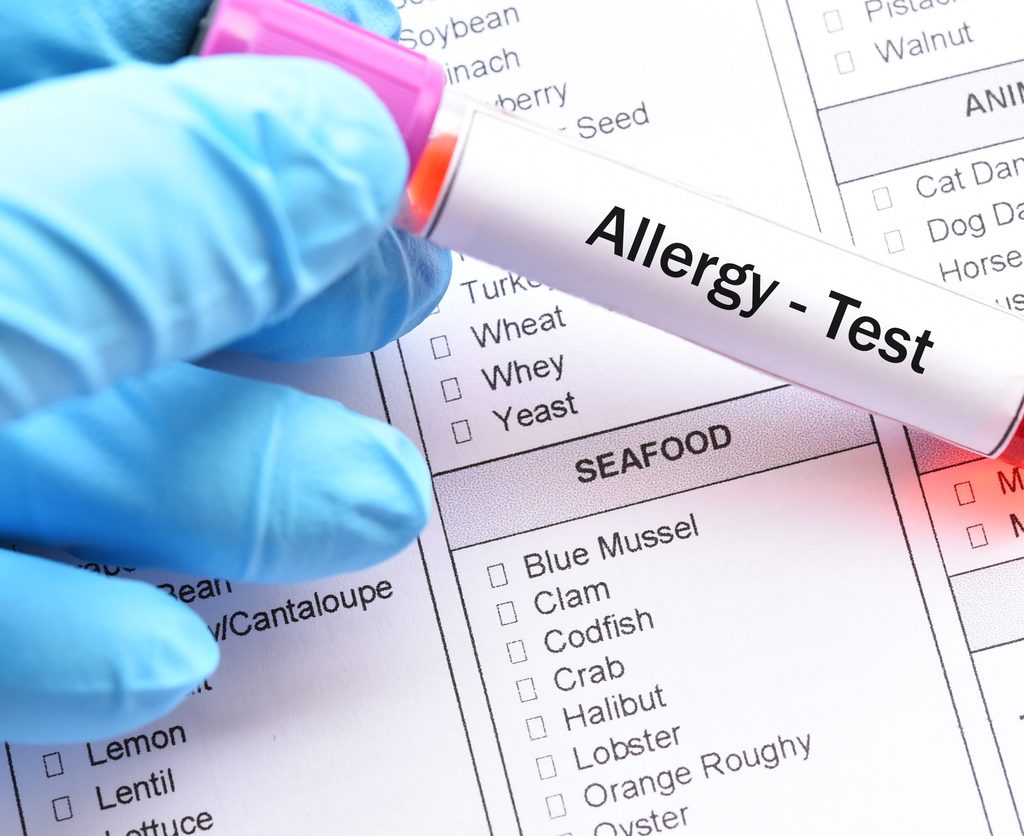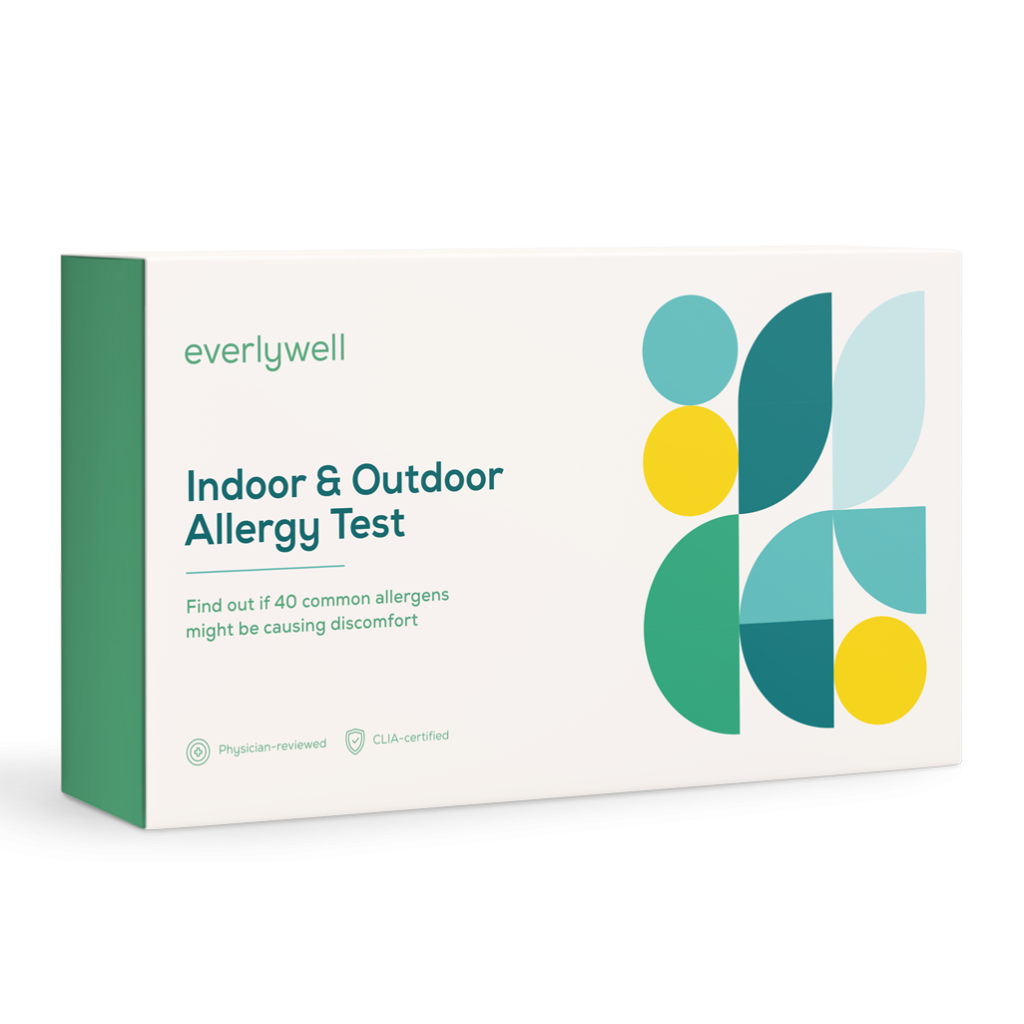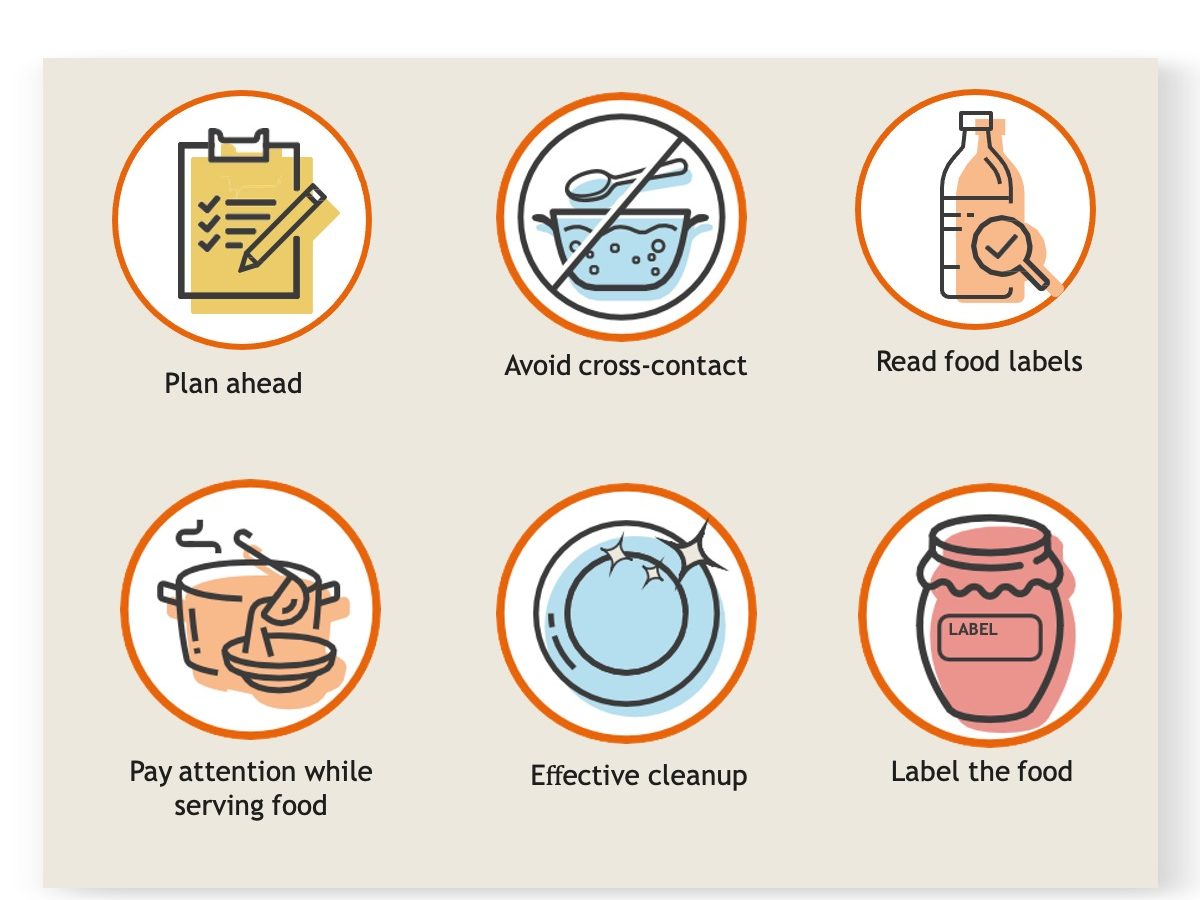Food allergies can have a significant impact on daily life, making it essential to identify the foods causing reactions. Whether you’re experiencing mild discomfort or more severe symptoms, food allergy testing is a critical step toward managing your health. With options ranging from at-home food allergy test kits to clinical blood tests for food allergies, finding the most accurate method can help you avoid harmful allergens.
What is Food Allergy Testing?
Food allergy testing is crucial for individuals experiencing reactions after eating certain foods. Knowing which foods trigger allergies can improve quality of life and prevent severe health complications. Several types of tests are available, including at-home food allergy test kits and clinical tests like blood tests for food allergies.

1. Best At-Home Food Allergy Test Kits:
At-home food allergy test kits have become a popular choice for many. These kits offer a convenient way to test for food allergies without needing to visit a doctor’s office. You collect a sample, usually via a blood prick or saliva, and send it to a lab for analysis. Some of the most accurate food allergy tests can identify common allergens, such as dairy, nuts, or gluten.
When selecting the best food allergy testing kit, look for reliability and the range of allergens tested. Many at-home tests also screen for food intolerances, which can help you better understand your body’s responses to certain foods.

2. How to Test for Food Allergies?
Blood tests are one of the most accurate ways to diagnose food allergies. A blood test for food allergies measures IgE antibodies, which your immune system produces in response to allergens. Another method, the IgG test for food allergies, focuses on delayed reactions to food, which can indicate sensitivities rather than true allergies.
The process involves drawing a small sample of blood, which is then tested in a lab for immune responses to specific foods. Testing for food allergies in adults can uncover both immediate and delayed reactions, helping you manage your diet effectively.
3. Testing for Food Intolerances:
While food allergies trigger the immune system, food intolerances affect the digestive system. A food intolerance test can help identify foods that cause discomfort, such as lactose or gluten. These tests are often included in at-home food allergy testing kits, making them a comprehensive solution for understanding your body’s response to different foods.
4. Most Accurate Food Allergy Test:
If you’re seeking the most accurate food allergy test, a combination of blood tests and at-home kits can provide comprehensive results. Blood tests remain the gold standard, especially for diagnosing serious allergies. However, many find at-home kits helpful for regular monitoring or initial testing.
5. Testing for Food Allergies in Adults: Why It’s Important
While food allergies are commonly diagnosed in children, testing for food allergies in adults is equally important. Some adults develop new allergies or food intolerances later in life. Symptoms might include digestive problems, headaches, or skin reactions. It’s crucial to undergo food allergy testing if you notice any unusual symptoms after eating specific foods.
6. Managing Food Allergies:
Once a food allergy is diagnosed, it’s important to take steps to manage it effectively. This may involve:

- Avoiding the allergen: Carefully read food labels and avoid cross-contamination.
- Emergency preparedness: Carry an epinephrine auto-injector (if prescribed) and develop an emergency plan.
- Seeking medical advice: Consult with a healthcare professional for personalized guidance and support.
By understanding the different types of food allergy testing and following the advice of healthcare professionals, you can effectively manage food allergies and improve your quality of life.
Conclusion:
By understanding the different types of food allergy testing and following the advice of healthcare professionals, you can effectively manage food allergies and improve your quality of life. Remember, accurate diagnosis and proper management are key to preventing severe allergic reactions and ensuring a safe and enjoyable experience for individuals with food allergies.
FAQS:
How do they test for food allergies?
Food allergies are typically tested through blood tests that measure IgE antibodies, skin prick tests, or at-home food allergy test kits. These methods help identify how your body reacts to specific allergens.
What is the most accurate food allergy test?
The blood test for food allergies is considered the most accurate, as it measures the immune system’s response to allergens. For severe allergies, a clinical blood test is often recommended.
How do you check if you are allergic to a food?
You can check for food allergies through blood tests, skin prick tests, or at-home allergy test kits. These tests detect immune responses to specific foods and help pinpoint which foods cause reactions.
Are food allergy tests worth it?
Yes, food allergy tests are worth it if you experience symptoms like rashes, swelling, or digestive issues after eating certain foods. They provide valuable information to help you avoid harmful allergens and manage your health.
What foods are tested in allergy testing?
Common foods tested in allergy tests include nuts, dairy, eggs, wheat, soy, shellfish, and gluten. Most tests screen for major allergens, but comprehensive tests can cover more foods.
How much is a food allergy test?
The cost of a food allergy test ranges from $150 to $1,000, depending on the type of test (blood test, skin test, or at-home kit) and the number of allergens tested.
Where to get a food allergy test?
You can get a food allergy test through an allergist or healthcare provider, or by purchasing an at-home food allergy test kit that can be sent to a lab for analysis.
Is food allergy testing covered by insurance?
Food allergy testing is often covered by insurance if deemed medically necessary by your healthcare provider. However, coverage for at-home tests may vary, so it’s best to check with your insurer.
External Resources:
Food Allergy & Anaphylaxis Network (FAAN):https://www.foodallergy.org/Allergy & Asthma Network:https://www.allergyasthmanetwork.org/American College of Allergy, Asthma, and Immunology (ACAAI):https://acaai.org/

Empowering parents to raise happy, confident kids. Get practical parenting tips and advice on our blog, Smart Parent Guides.
